'All hail the queens': A look back at the legacy of women in hip-hop
"The Real Queens of Hip-Hop" is set to air on Hulu and ABC News on Oct. 18.
Even before hip-hop was called “hip-hop,” women were on the frontlines of the culture as emcees, rappers and producers.
From the earliest icons of the 1970s and 1980s, to the trailblazing stars of the 1990s and the chart-toppers of today, women have empowered each other and broken down barriers for generations to come.
“The Real Queens of Hip-Hop,” an ABC News special that is set to air on Monday, explores the inspiring rise and powerful force of women in hip-hop, in their own words. It is narrated by Salt of the iconic group Salt-N-Pepa; it includes original spoken word performances by the legendary MC Lyte and interviews with iconic artists like Eve, Da Brat, Trina, Monie Love, Yo-Yo and more.
Here’s a look back at the legacy of women in hip-hop and some of the artists who changed the game:
Early pioneers
MC Sha-Rock, known as the “Mother of the Mic,” got her start as the first female emcee of hip-hop in the 1970s when her rhymes earned her a spot as a member of The Funky 4+1.
But during its earliest days hip-hop was not taken seriously by older generations and record companies, she said, so artists had to fight for recognition.
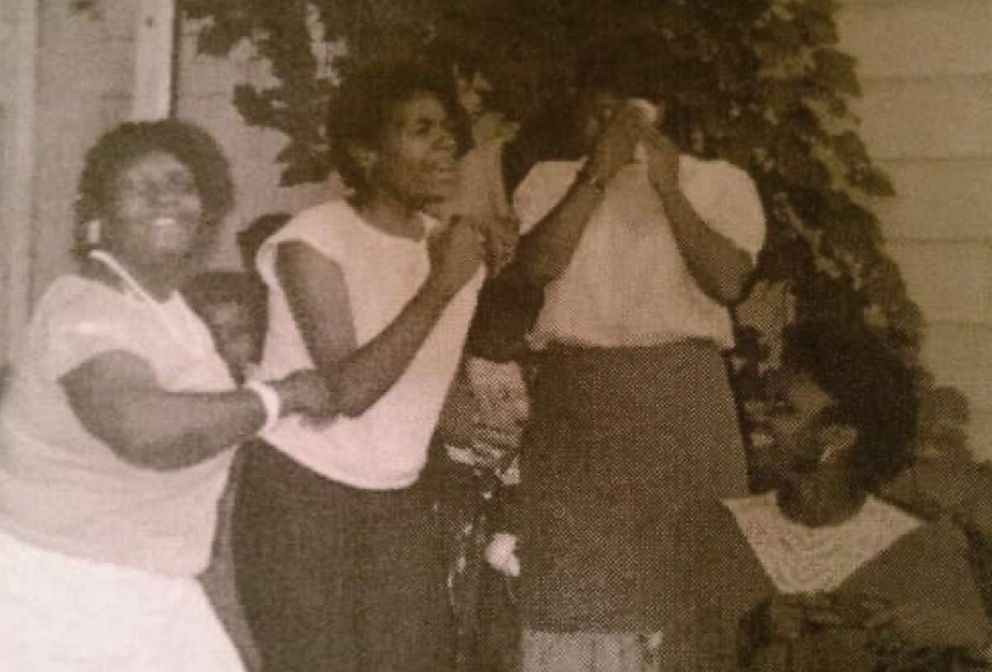
“They felt as though this was something that just was never going to go any place,” MC Sha-Rock said. “I can tell you how we were told as young teenagers that this was just a fad. It wasn't until corporate America radio stations saw that these young kids with little or no resources created something out of nothing.”
The Funky 4+1, with Sha-Rock at the center, became the first hip-hop group to get a record deal and the first to perform on mainstream television when they were invited to appear on “Saturday Night Live.”
This was the beginning of hip-hop’s foray into the mainstream.
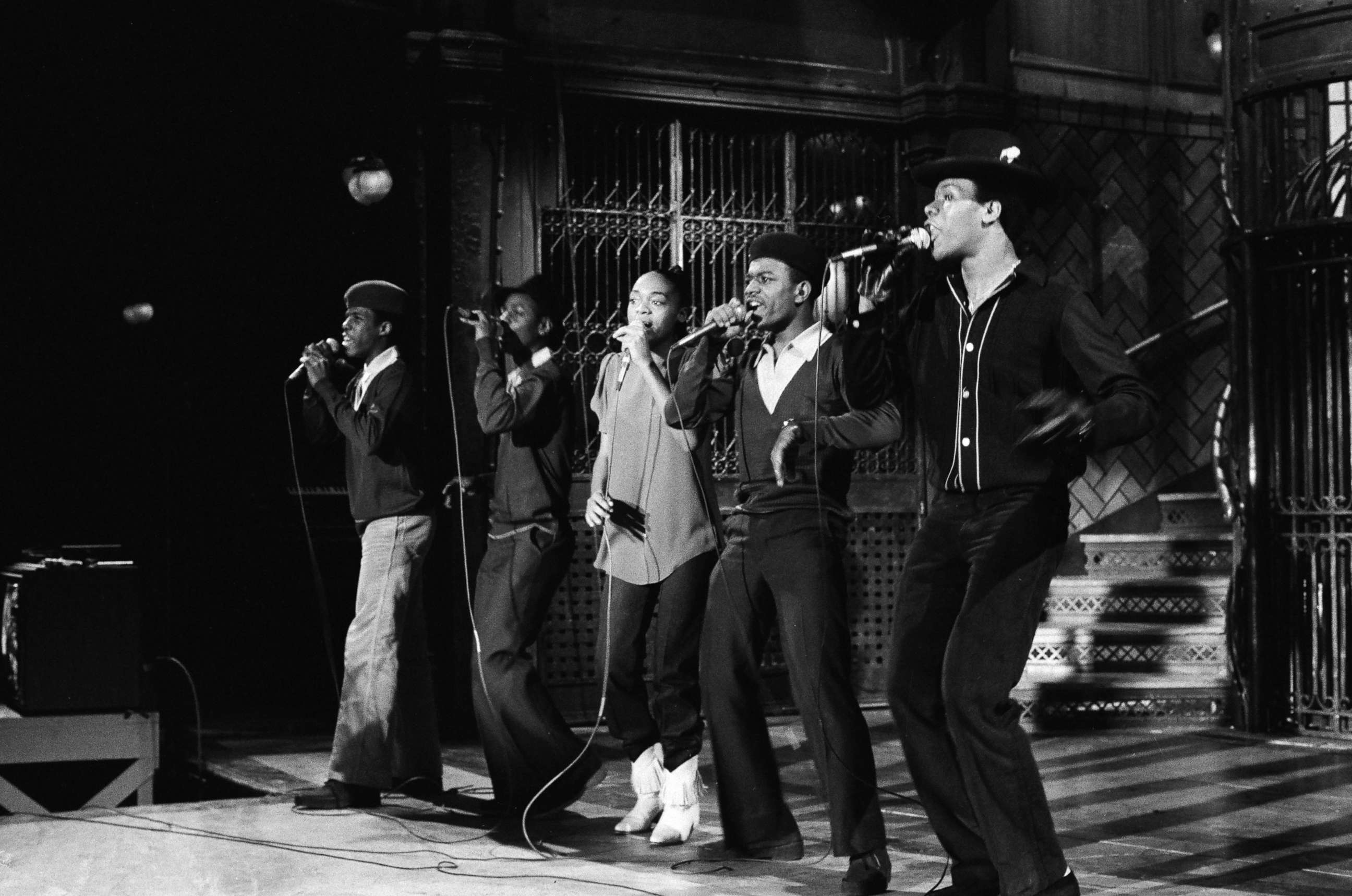
Another important moment took place in 1980 when Sylvia Robinson, the founder and CEO of Sugarhill Records, released “Rapper’s Delight,” -- the first hip-hop song to achieve commercial success and the first to chart on the Billboard Top 40.
“Rapper's Delight was a huge deal. And then they started playing it on the radio. So that was even grander,” MC Lyte, the first female hip-hop emcee to release a solo album, said. “But then later to find out that it was a woman, Ms. Robinson, behind it all … it was wonderful.”
But at the time, rappers did not wait for record companies to release their music; they released their own cassette tapes, which were a form of communication at the time.
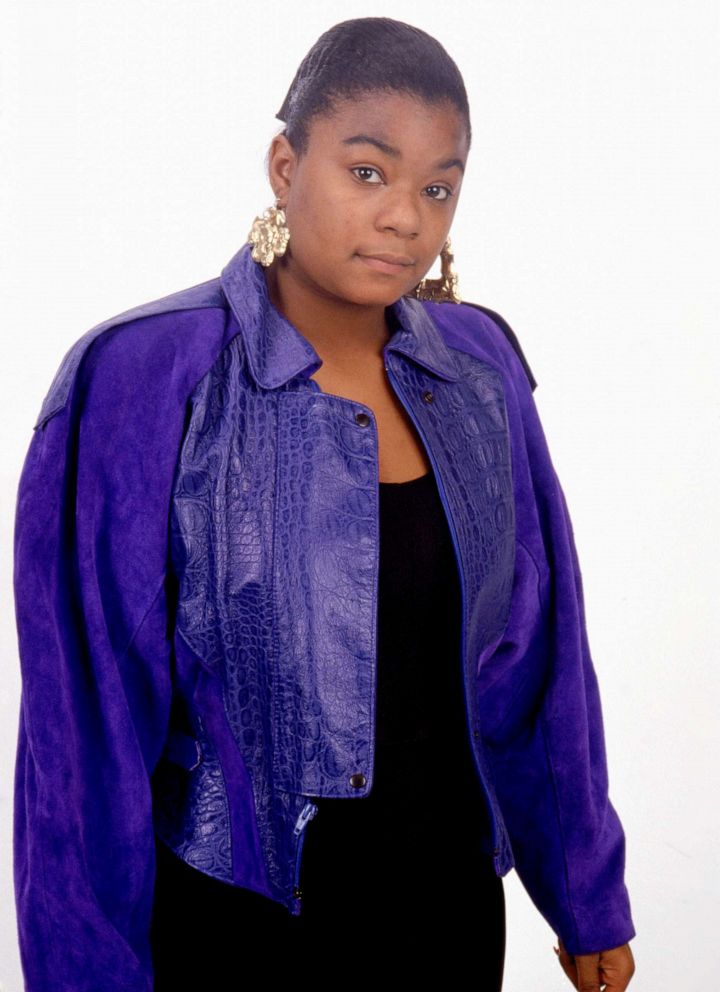
“I didn't come through no great studio. My record was made on a cassette tape … and what it did was it opened up the floodgates,” said Roxanne Shante, who was known in Queens in the 1980s as one of the fiercest MCs.
“I think I was able to open up those doors as a woman ... to allow a lot of these other rappers to come in and say … you know what? I can do this,” she added.
A message of empowerment
As hip-hop made its mark in mainstream culture in the 1980s, women had to battle for recognition in a male-dominated industry.
“Today you need to have thick skin, but back in the 80s, you needed to be a rhino, honey, because for one, you could be as good as any man and you still wasn't getting the level of respect that you deserved as a woman on the mic,” said Grammy-nominated rapper Monie Love.
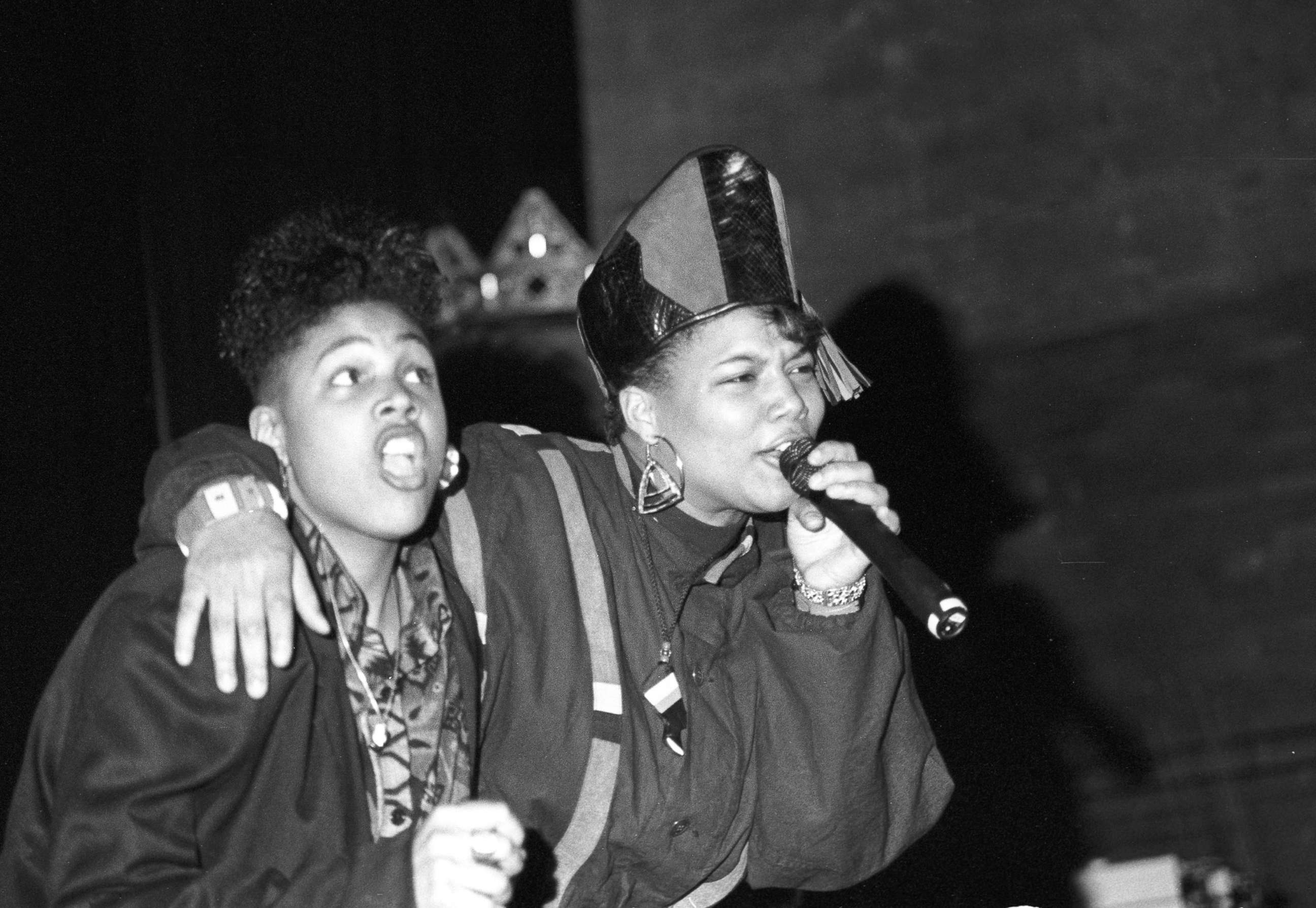
In 1989 Queen Latifah called on Love to join her in writing an anthem to empower female MCs, which led to the all-time classic single “Ladies First,” which celebrates the lyrical prowess and talent of women in the industry.
“I love the unity that the women came together because that's what I've always been about,” said MC Lyte. “... that was historical, because I think [it’s] the first time that I'd seen women come together on a rap song, and they brought it.”
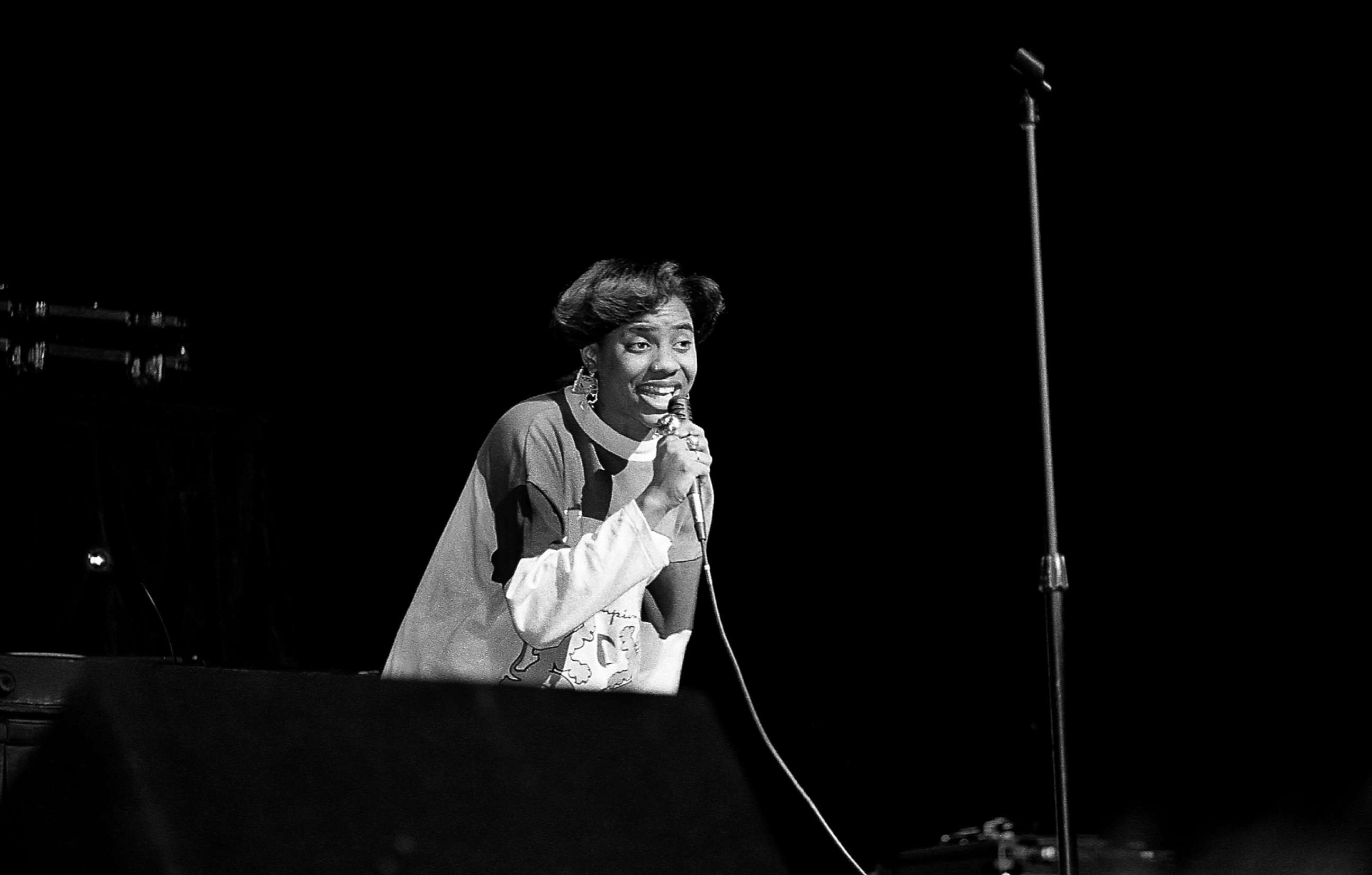
At the time, in some hip-hop lyrics women were given derogatory terms but “Ladies First,” which was featured on Queen Latfiah’s 1989 album, “All Hail the Queen,” honored women as “queens.”
Love said that as a female emcee in the 1990s she was constantly asked about misogyny in hip-hop, but she would say, “‘I don't own it’ ... me and Latifah are over here calling sisters queens. That's what we doing.”
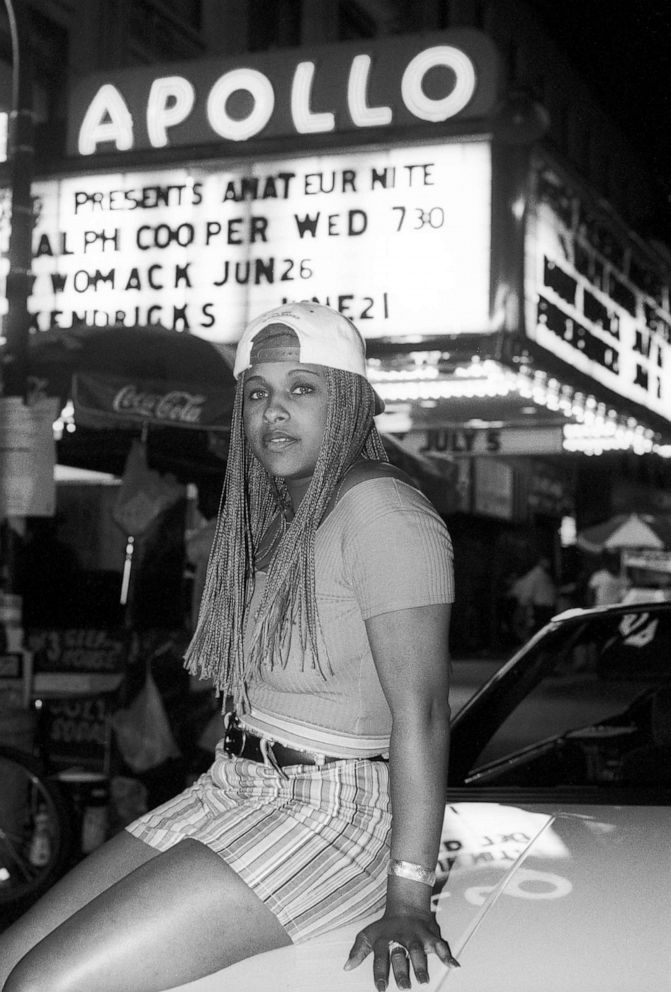
Compton rapper Yo-Yo was outspoken against misogyny in hip-hop at the time and advocated for women’s empowerment in her music in songs like the 1991 classic, “You Can't Play With My Yo-Yo,” featuring her fellow West Coast rapper Ice Cube.
“[The song] has a lot of femininity, adult femininity in it, and it's powerful to me because it's everything that I am. My name is Yo-Yo, I'm not a h--, no,” she said.
“It was really a chance to stand up and be bold and be fearless and to represent women in a different kind of way.”
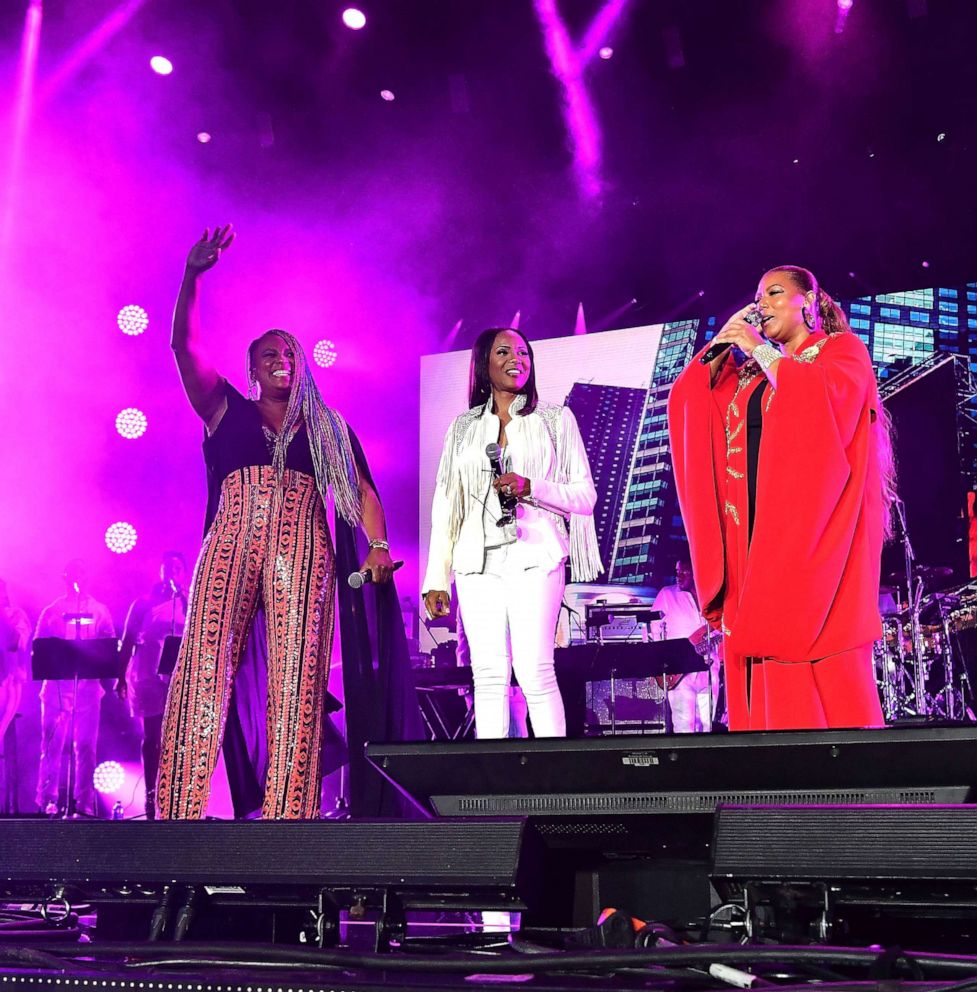
Embracing sex appeal
A new generation of female hip-hop stars in the 1980s and 1990s sent another message of empowerment to women by boldly embracing their sexuality.
And it all started with Salt-N-Pepa.
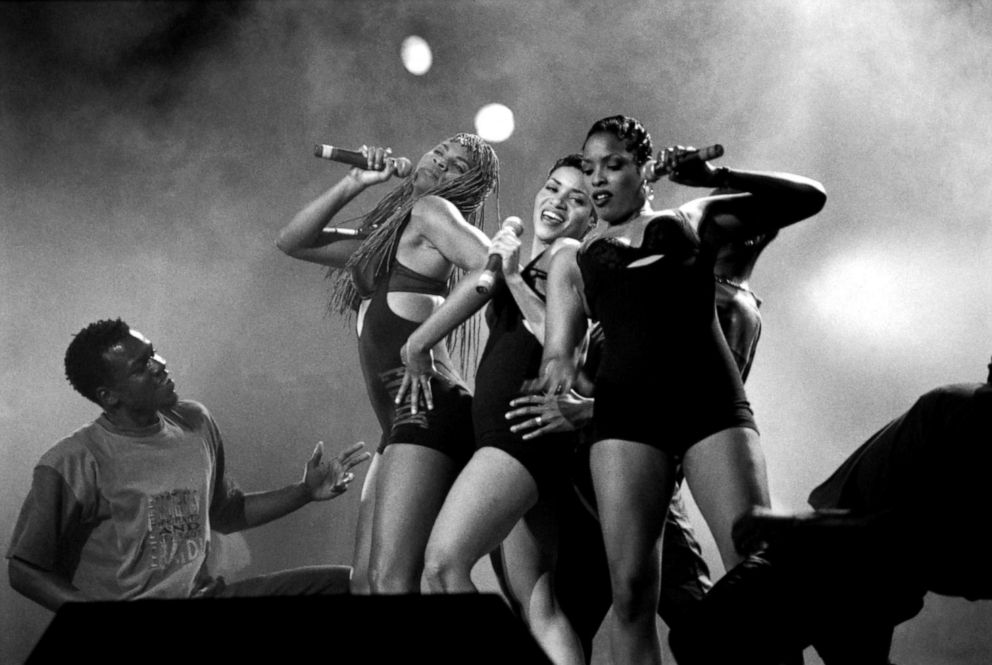
The group released their first studio album in 1986, becoming the first female rap group to sell more than a million records and their style distinguished them from other artists on the scene as they brought sex appeal into the game.
“Everybody today took a page out of Salt-N-Pepa's book. Everyone,” Love said.
In the 1990s, artists like Lil Kim would take this image to a whole new level.
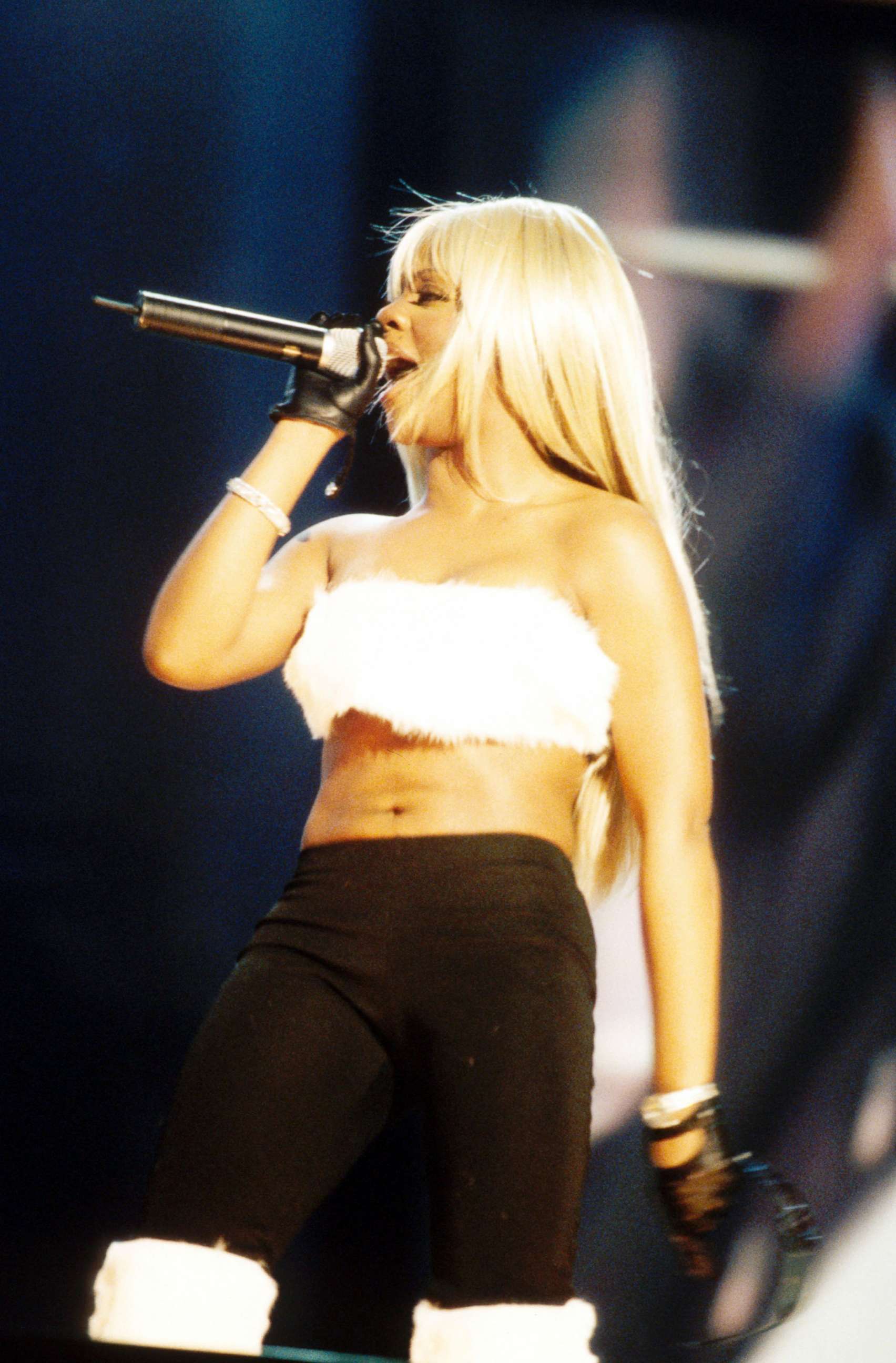
Lil Kim’s debut album “Hard Core,” which was released in 1996 was certified double platinum, and the rapper became known for her raunchy lyrics and unapologetic sex appeal.
“That was the first time for me that I saw that much sexiness in female hip-hop -- she created and started that,” said rapper Trina, who rose to prominence in the late 1990s.
Da Brat, who released her debut album “Funkdafied” in 1994, becoming the first solo female rapper to sell a million records, said that it’s important for women to have the freedom to express themselves however they choose.
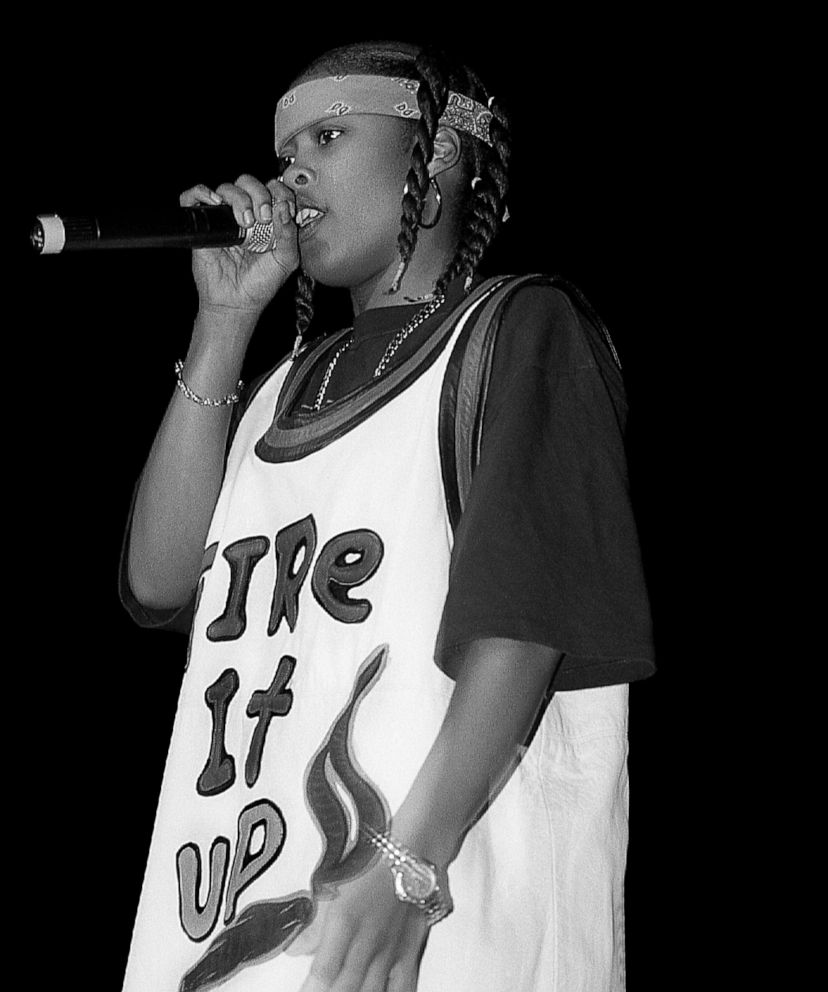
“I love the fact that Lil Kim was comfortable in her own skin, which apparently she was because she did the damn thing, and I was comfortable in my skin, and nobody tried to change me, and if nobody tried to change her, then more power to her,” she said.
According to MC Sha-Rock, in the early days of hip-hop there was less of a focus on a woman’s looks and more a focus on her skills as an emcee.
But as hip-hop got more corporate, things began to change and women faced more pressure to fit into a certain image.
“I say that that shift started in the 90s when they took the female rapper and didn't make her the more prominent female figure in hip hop,” Shante said. “Instead, they took the video vixen and made her the more prominent female in hip-hop, so people were looking for her rather than looking for a lyricist.”
Changing the game
Despite the pressures of the industry, trailblazing female artists stayed true to themselves and produced legendary work that continues to influence and define hip-hop today.
When Missy Elliot released her debut album “Supa Dupa Fly” in 1997, not only did the rapper stand out for her unique style, but also for her artistry, which was reflected in her iconic, larger than life performances and music videos -- the first of which was her debut single, “The Rain.”
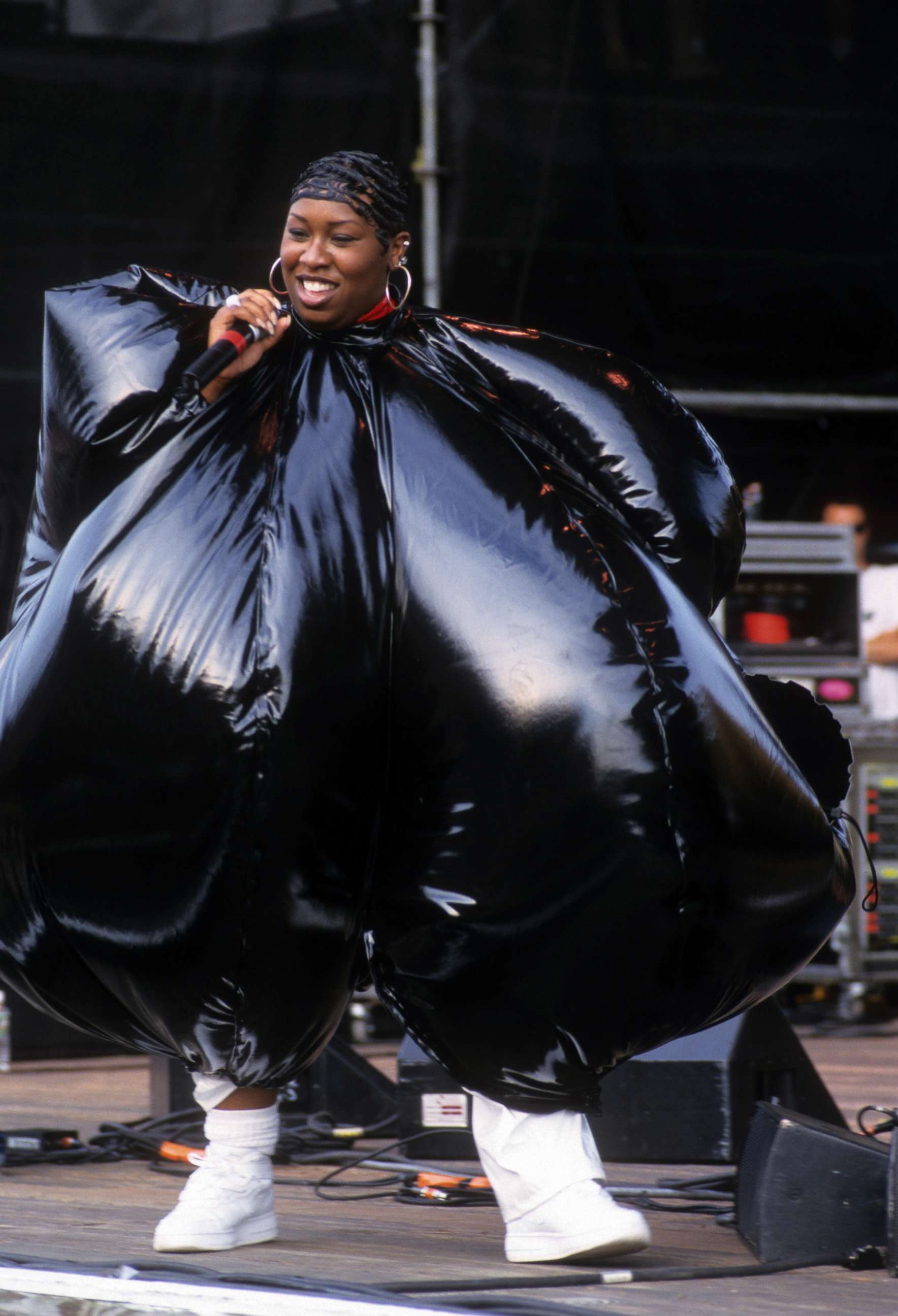
Da Brat was one of the many artists who made memorable cameos in the video.“Missy has always been way ahead of her time with her thought process,” Da Brat said.
“I love her still to this day for that and what she's done for the culture. She changed the game for women completely.”
Another artist who embraced her individuality in the late 1990s was Lauryn Hill.
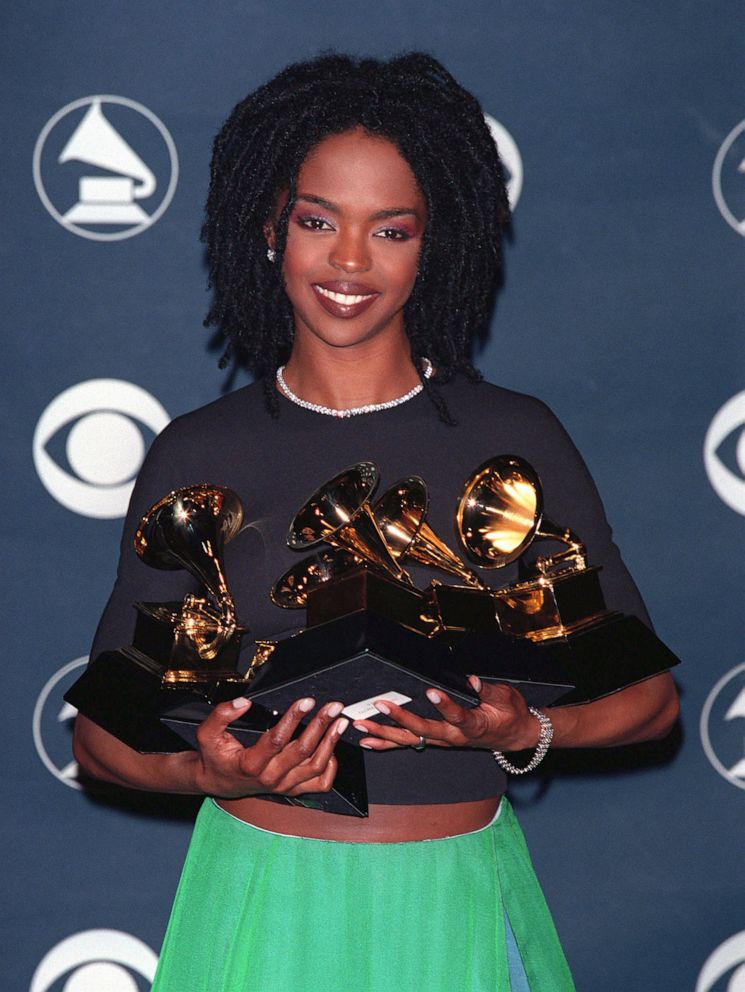
Hill, who was a member of The Fugees, took the entire music industry by storm when she launched her solo career with the release of “The Miseducation of Lauryn Hill” in 1998.
The album debuted at number one on the Billboard 200 chart, was nominated for 10 Grammy Awards and won five, including Album of the Year.
“Lauryn Hill introduced the aspect of the multi-functioning female artist within hip-hop. I mean, write, produce, rhyme, sing and deliver the artistic vision of it all, too,” Love said.
According to Da Brat, Hill’s “sound shifted the whole game.”
Breaking down barriers
Rap music became more mainstream in the 2000s but female artists struggled to get recognition as record executives signed less women.
“In 2005, I think at some point I did realize or look around and say, where are the women? Because even when I came out, there were a few of us,” Grammy-winning rapper Eve said.
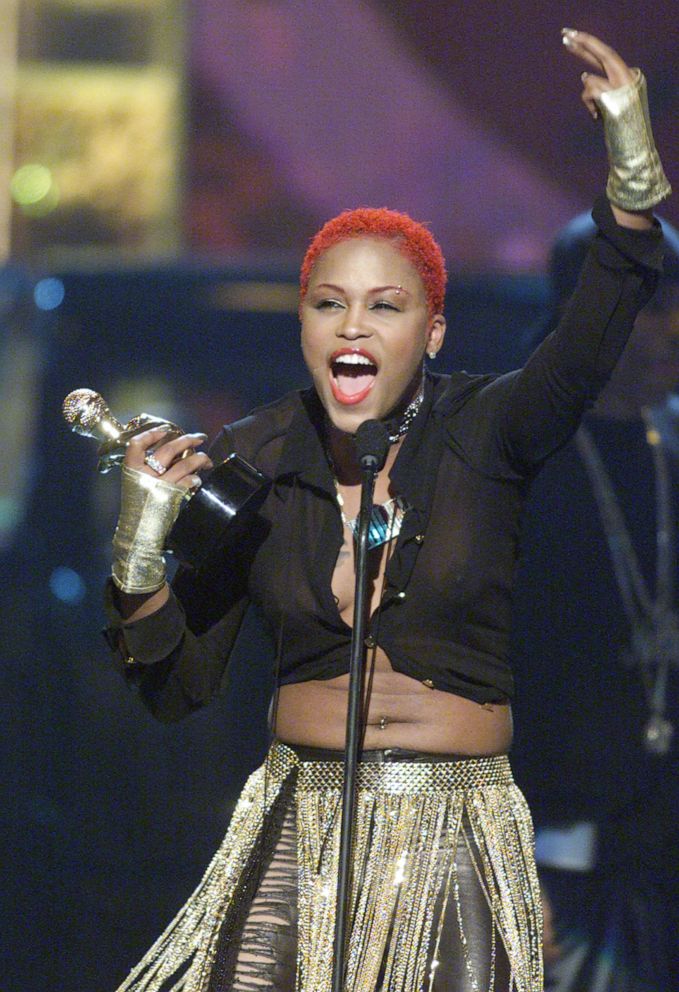
Eve released her debut album, “Let There Be Eve...Ruff Ryders' First Lady," in 1999, making history as the third female hip-hop artist to top the Billboard Hot 200 chart.
And although she considers herself “completely lucky” to have the support of Ruff Ryders where she was able to be herself, she struggled to navigate a male-dominated industry.
"When I say male-dominated, I don't mean in front of the cam, those people on stage. I mean the people that you have to sign contracts with, the people that you have to negotiate with," she said.
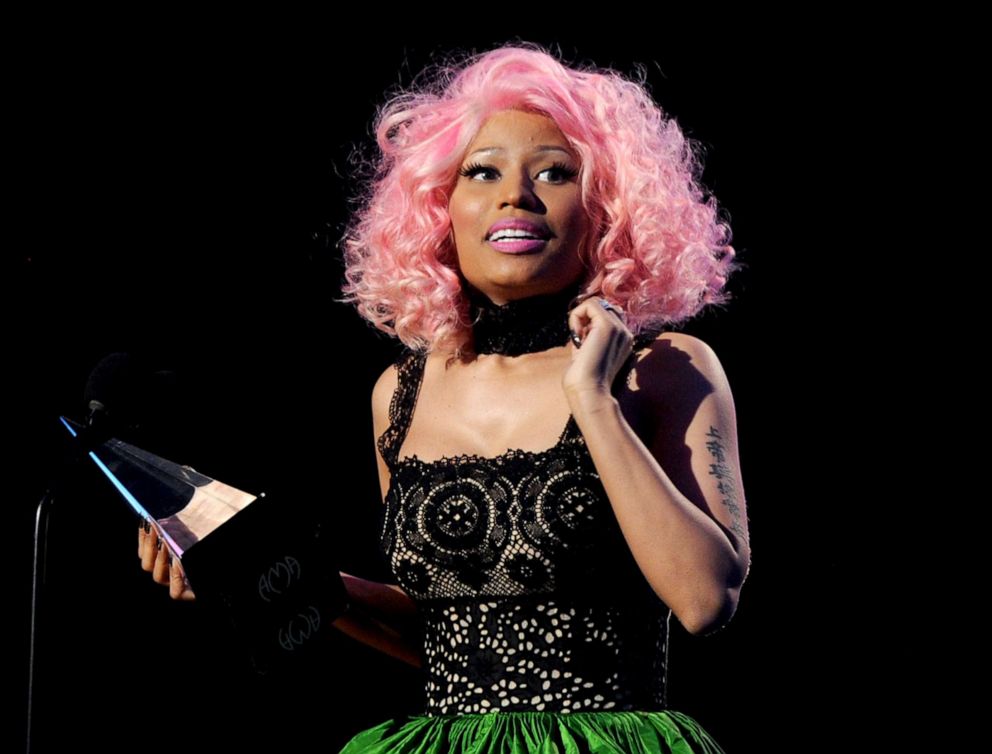
Nicki Minaj burst onto the scene in 2010 with her debut album “Pink Friday” and her hit single “Super Bass” at a time when mainstream hip-hop was missing female voices.
Over the past decade, she has become one of the top selling female artists of all time, with more than 100 million records sold.
But it wasn’t until the rise of social media that big barriers would break.
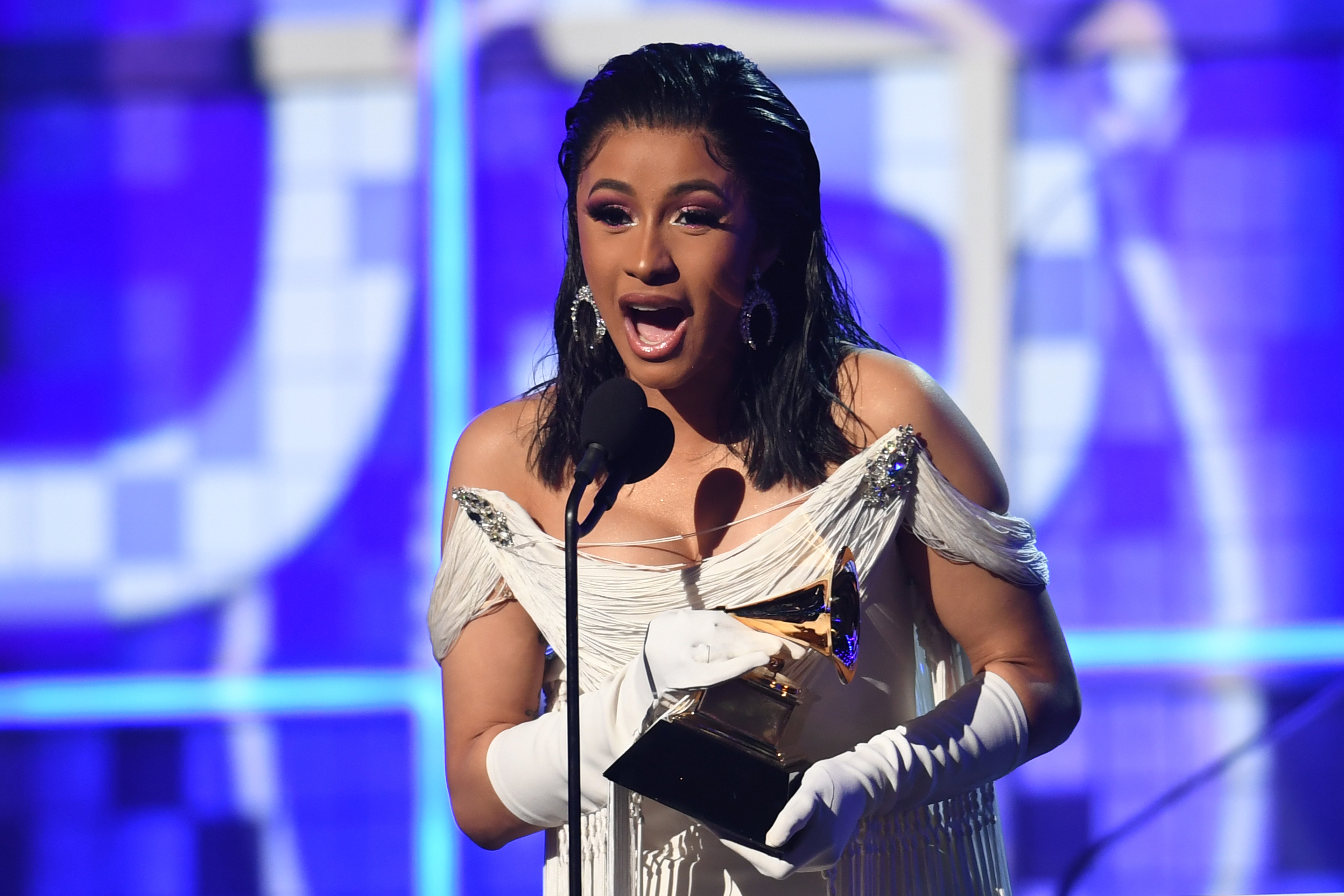
A notable example is the rise of Cardi B, who became the only female solo artist to win a Grammy for Best Rap Album.
She was initially known to America as an up-and-coming artist on the reality TV show “Love and Hip-Hop.” But through social media, Cardi B was able to promote her mixtapes, grow her own platform and develop a fan base -- all before scoring a big record deal with Atlantic Records in 2017.
“There are things that artists do now that are fascinating and the way they use social media and the way they can launch their careers by themselves and the way they don't have to wait for a label to sign them,” said radio personality and rapper Angie Martinez. “There is a lot of independence and a lot of amazing things happening in hip-hop now.”
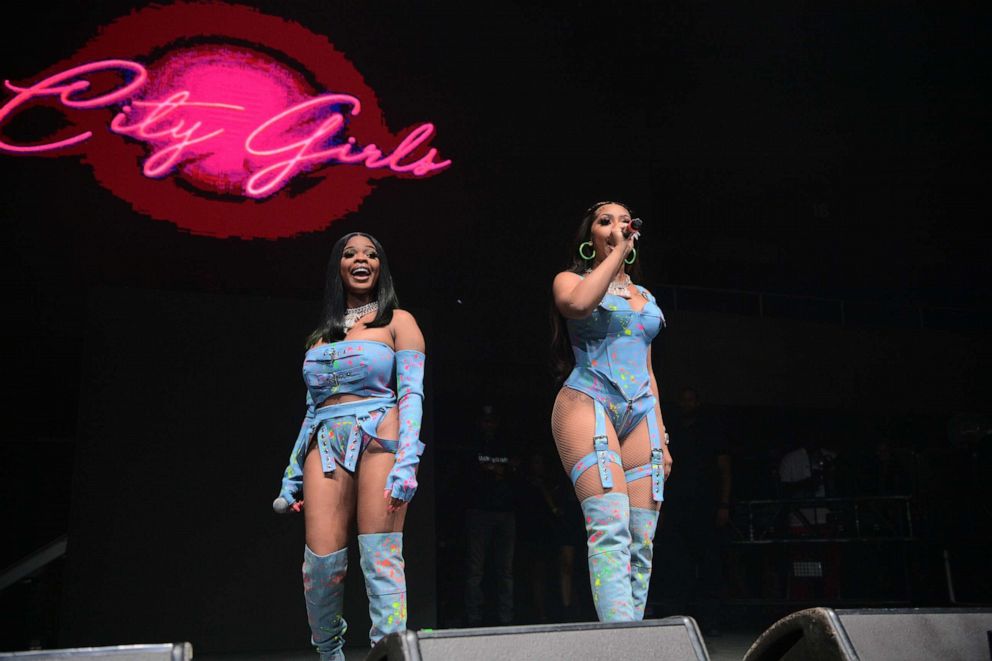
Yung Miami of the hip-hop duo City Girls said that social media is a “big part” of music and platforms like TikTok and Instagram have helped them promote their music.
“I feel like we bring fun music, turn up music, girl power. I feel like we just like empowering women to be the best they can be,” she said.
The group is known for viral singles like “Act Up” and "Twerk,” featuring Cardi B -- both of which are certified platinum.
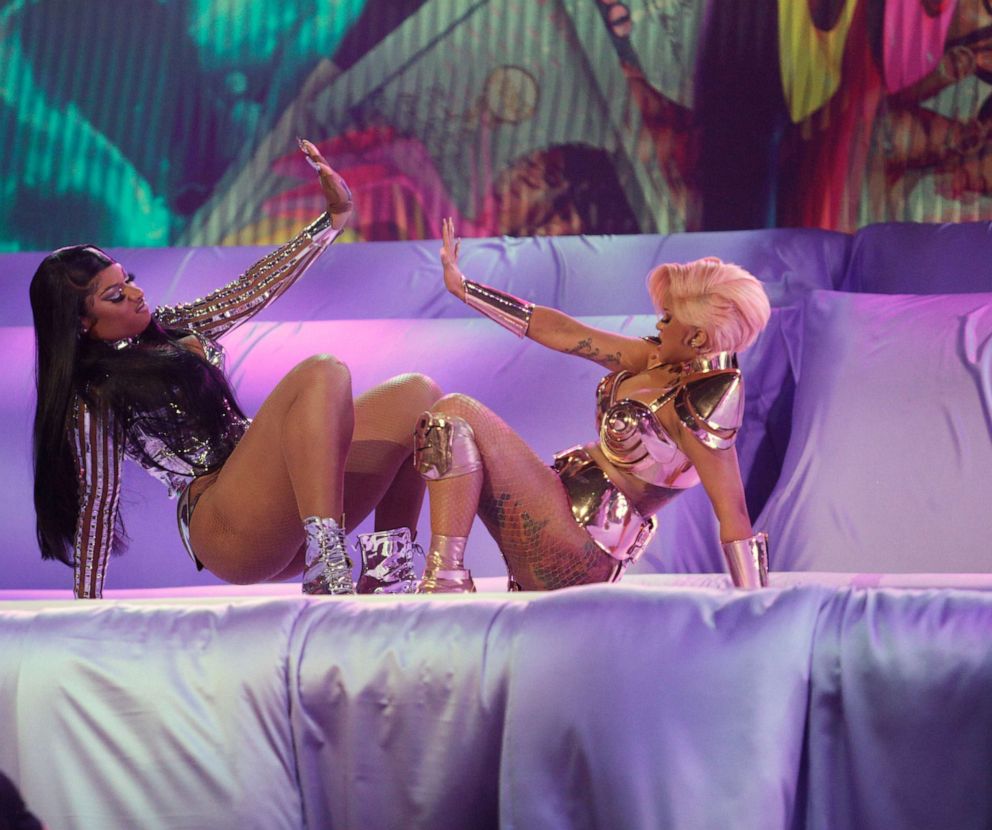
Collaborations between female artists this year have topped the charts, including Cardi B’s “WAP,” featuring Megan Thee Stallion, “Kiss Me More” by Doja Cat and SZA and Lizzo’s “Rumors,” featuring Cardi B.
“When I see all of the women on the top of the charts, it reminds me of back in the day ... back in the nineties when every record label had representation of a female MC,” MC Lyte said.
“I love all those ladies. I love Meg, Nicki, Cardi. I love them all. I love everything that they stand for,” Eve said. “... I don't think you'll see another period like the 2000s where [women] are just gone. That's not going to happen.”




